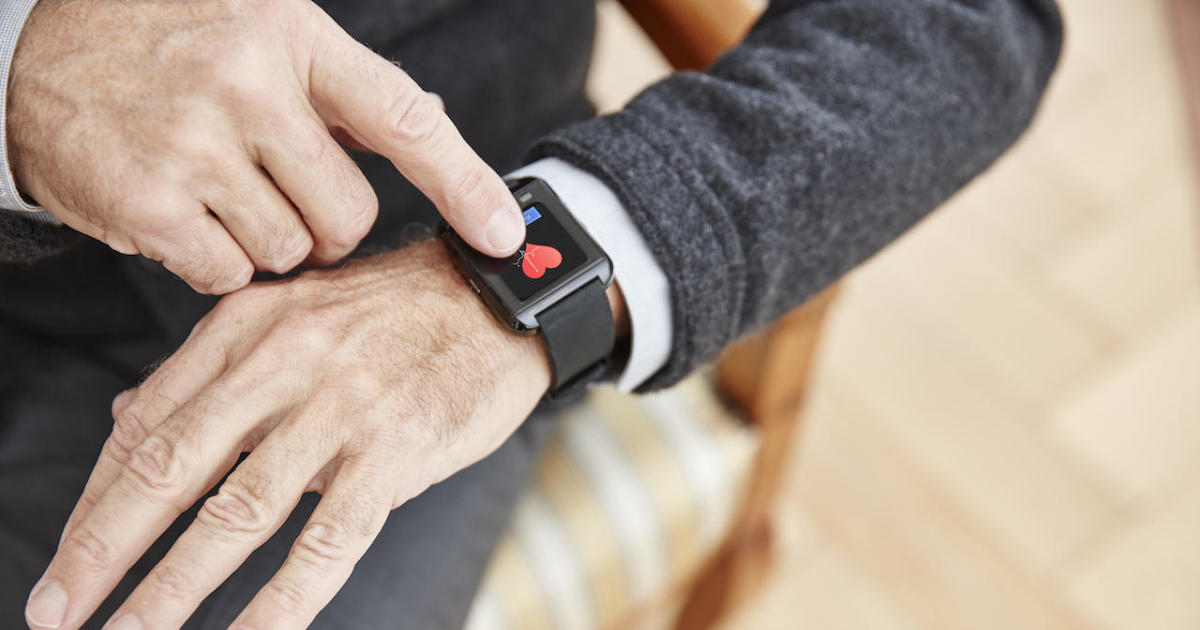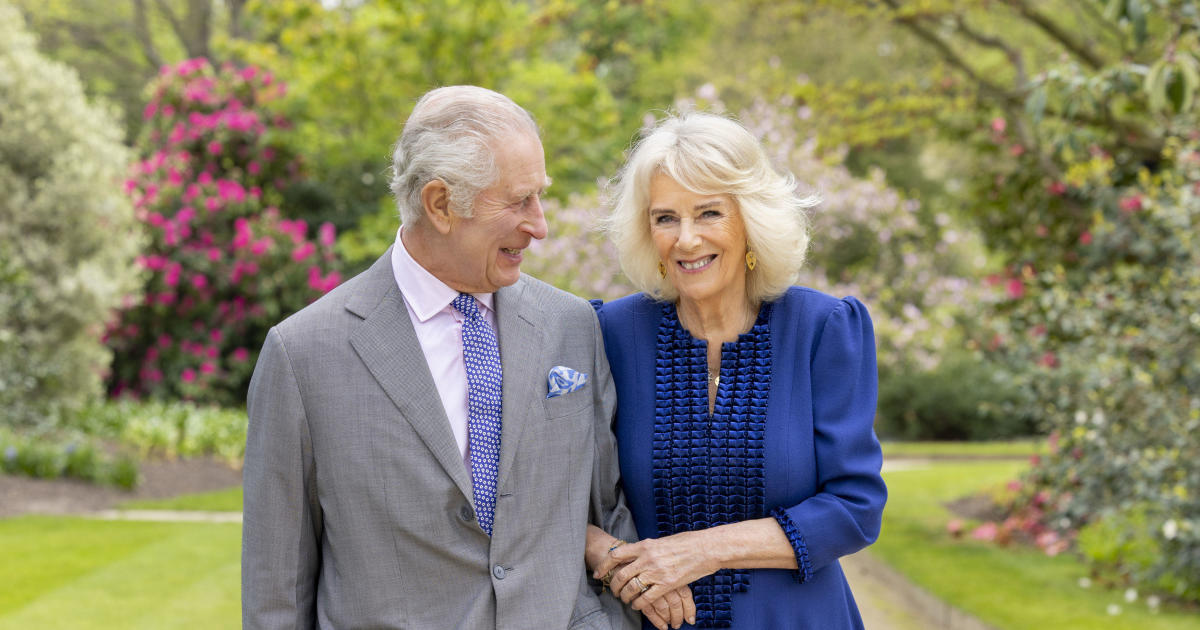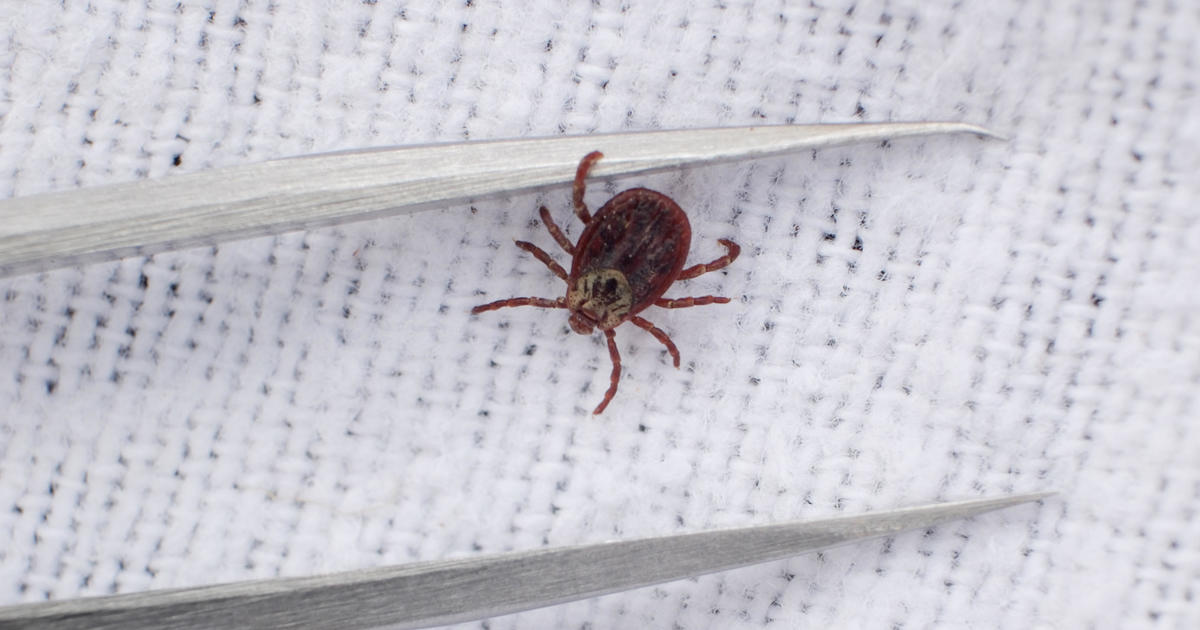Married cancer patients live longer than singles with the disease
A cancer diagnosis can be tough to go through alone -- and now a new study suggests not having a spouse may even decrease survival odds.
"Our data suggests that marriage can have a significant health impact for patients with cancer, and this was consistent among every cancer that we reviewed," study co-author Dr. Ayal Aizer, chief resident of the Harvard Radiation Oncology Program in Boston, said in a written statement.
Researchers searched through a National Cancer Institute surveillance database to analyze nearly 735,000 people who were diagnosed with cancer between 2004 and 2008. They honed in on the top 10 leading causes of U.S. cancer deaths: lung, colorectal, breast, pancreatic, prostate, liver/bile duct, non-Hodgkin lymphoma, head and neck, ovarian, and esophageal cancer.
They looked for marriage status, adjusting the data to remove other factors that could influence survival results, like age, race, gender, income and education levels.
The researchers found that unmarried cancer patients were 17 percent more likely to have their cancer spread elsewhere in the body, known as metastatic cancer. That includes those who were widowed. Cancer patients without a spouse were also 53 percent less likely to have received the appropriate therapy for their disease.
Overall, the analysis found married cancer patients live longer than their single or widowed counterparts.
"The results were quite surprising to us," Aizer told CBS Boston's WBZ NewsRadio 1030.
Aizer said social support from spouses -- who may accompany their partners to appointments, nudge them to get screened, and see them through the treatment process -- is likely what's driving these rates.
But people who aren't married may still benefit from support from friends and family during the difficult diagnosis, the researchers pointed out.
"We don't just see our study as an affirmation of marriage, but rather it should send a message to anyone who has a friend or a loved one with cancer: by being there for that person and helping them navigate their appointments and make it through all their treatments, you can make a real difference to that person's outcome," the study's lead author Dr. Paul Nguyen, a radiation oncologist at the Harvard-affiliated Dana-Farber Cancer Institute, said in the statement.
Unmarried cancer patients may need to be watched more carefully by oncologists, the researchers added.
The new study was published Sept. 23 in the Journal of Clinical Oncology.
Marriage has also been shown in other studies to boost health benefits. A Jan. 31 study in the European Journal of Preventive Cardiology found married individuals were less likely to have a heart attack or die from one. The researchers at the time speculated that having someone around to start CPR or call for help may have lead to these findings.
On the flip-side, previous research revealed the death of a spouse may increase heart attack risk in the surviving spouse by 21 times.
In an accompanying editorial also published in the Journal of Clinical Oncology, one expert calls for routine family-focused therapy to be a part of all modern cancer care, given the noteworthy findings.
"Strikingly, the benefits of marriage are comparable to or greater than anticancer treatment with chemotherapy," wrote professor David Kissane, the head of psychiatry at Monash University in Australia, who studies cancer patients. "Our humanity is relational at its essence -- we are tribal people, drawn into connection with one another to share what is most meaningful and fulfilling in life," he added. "Our medicine needs to follow a parallel paradigm."




